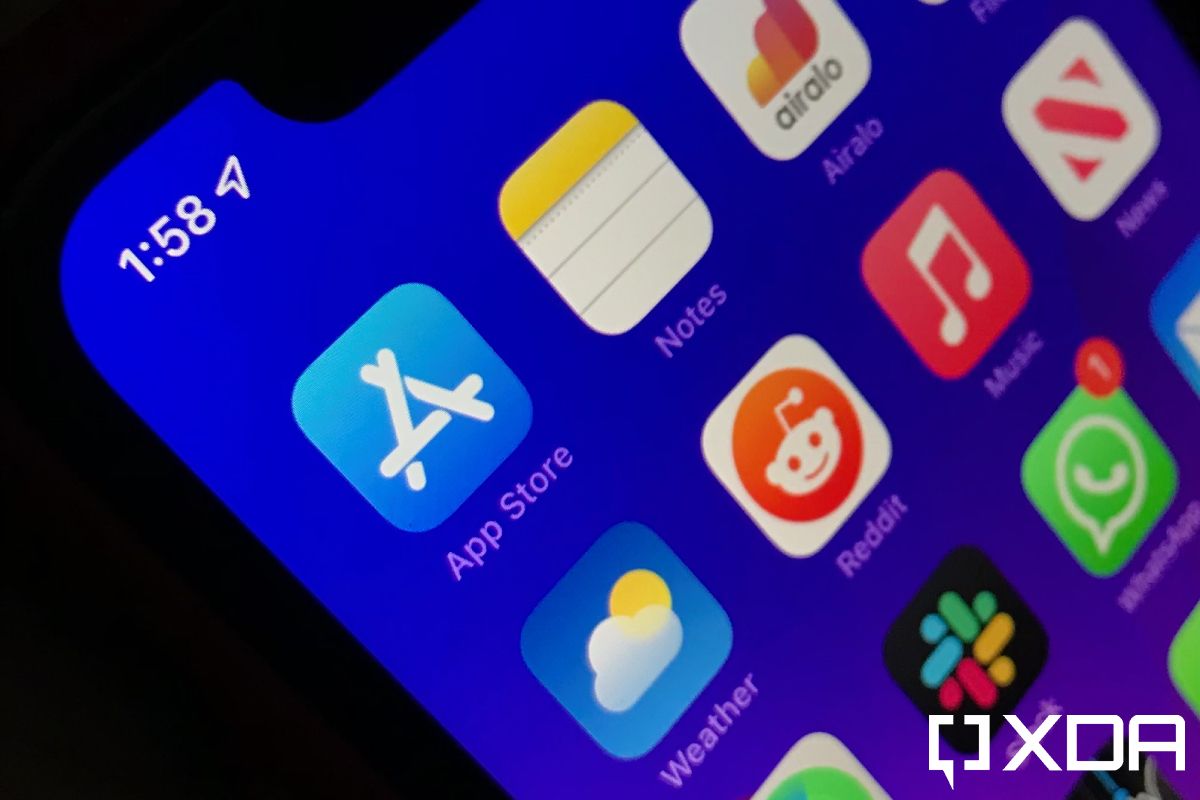Apple and Google have been criticized -- and even sued -- for banning developers from implementing their own payment systems in apps. The two companies are notorious for charging developers high commission fees for each in-app purchase (IAP) a user makes. Last year, South Korea passed a law that forces the two tech giants to allow developers to implement their own IAP methods. As a result, Apple has decided to comply and allow alternative payment systems in the country.
As The Korea Herald reports (via MacRumors), Apple will allow developers to implement their own IAP systems in South Korea. The company hasn't shared an exact date as to when the change will occur. However, it has turned in its compliance plans to the Korea Communications Commission. The Cupertino giant mentions in a statement made to The Korea Herald:
We look forward to working with the KCC and our developer community on a solution that benefits our Korean users. Apple has a great deal of respect for Korea's laws and a strong history of collaboration with the country's talented app developers. Our work will always be guided by keeping the App Store a safe and trusted place for our users to download the apps they love.
It's worth noting, though, that just like Google, Apple still plans to charge developers commission fees -- even if the IAPs are made through third-party systems. The company mentions that the rate will be lower than its current 30% fee. However, some developers will still consider the practice unfair and unjustified. It's yet to be seen how lower these fees will actually be. We will share more details regarding the new App Store guidelines in South Korea once Apple does.
Tim Sweeney -- Founder and CEO of Epic Games -- has already commented on the news. The company previously sued Apple for the same reason. Tim even suggested deploying a single app store on all platforms to resist monopolies few months ago. His comment on the matter was shared in the Tweet below.
Would you rather buy IAP through Apple/Google or third-party payment systems? Let us know in the comments section below.

